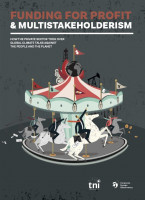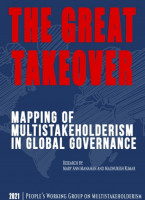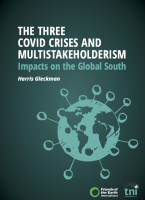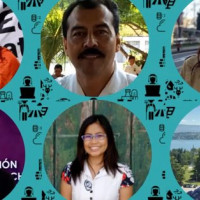Multistakeholderism and the UN 2.0 Challenges and Alternatives for Developing Countries
The preparations for the September 2024 Summit for the Future (SOTF) are well underway. In this process, further proposals are being made arguing for multistakeholderism as a key instrument for the UN system and global governance. The increasing role of ‘multistakeholderism’ runs the risk of marginalizing States, especially those from the Global South, in making key policy and programmatic decisions. In addition, the role of civil society has been negatively affected, as the increasing participation of well-funded business’ associations in multilateral forums have reduced its ability to contribute to the development and implementation of the intergovernmental agenda.
This Public Workshop “Multistakeholderism and the UN 2.0: Challenges and Alternatives for Developing Countries” will question this idea by discussing from a new report commissioned jointly by South Centre and The Transnational Institute (TNI) and elaborated by Harris Gleckman, Senior Fellow, Center for Governance and Sustainability. The report, which will be presented at this Forum, shows that multistakeholderism limits the role of developing countries in global governance. It also undermines multilateralism by outsourcing global governance and leads to a decline in trust in the international community through the erosion of sovereignty. The workshop will also serve as an opportunity to identify and discuss the recommendations on how to deal with “Multistakeholderism.”
In view of these developments, the South Centre and the Transnational Institute, are co-organizing this public workshop with developing countries’ representatives in Geneva and New York and civil society organizations to discuss the new challenges arising from multistakeholderism and the alternatives that developing countries have in order to face them.
Objectives:
- Examine, in dialogue with G77 and China member states and CSOs, the impact and challenges posed by the contemporary trend towards multistakeholderism in the context of the intergovernmental process.
- Identify and discuss the recommendations on how to deal with Multistakeholderism in the United Nations.
Programme
10:00 to 11:30 : Multistakeholderism and UN 2.0: Challenges and Alternatives for Developing Countries. Co-organized by the South Centre and the Transnational Institute, Co-sponsored by ESCR-Net & Corporate Accountability
|
10:00 – 10:15 |
Welcoming remarks |
|
|
|
|
10:15 – 10:45 |
Presentation of the Report Multistakeholderism and UN 2.0. Challenges and Alternatives for Developing Countries |
|
|
|
|
10:45 – 11:10 |
Discussion Panel |
|
|
|
|
11:10 – 11:30 |
Open dialogue |
Information:
For more information, please contact
Mr. Gonzalo Berron, Transnational Institute - gonzalo.berron(at)tni.org
Mr. Daniel Uribe, Lead Programme Officer, South Centre, uribe(at)southcentre.int
Strategy meeting
The Transnational Institute, Friends of The Earth International, ESCR-Net and Corporate Accountability further extend an invitation to an in-person exchange and strategy meeting 14.00-16.00.
The capture of multilateral system and Multistakeholderism: What´s at stake at The Summit of the Future?
7 September 2023 / Church Centre, 777 United Nations Plaza, New York (14.00-16.00)
For more information, please contact
Martin Drago: Friends of the Earth International (FOEI) martin.drago@redes.org.uy
Brid Brennan, Transnational Institute - bridbrennan@tni.org
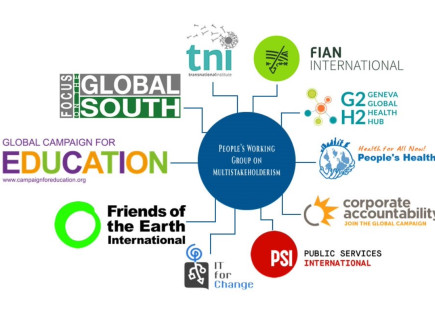
Speakers and panelists
-
Fiona Dove
Executive Director, Transnational Institute

-
Harris Gleckman
TNI Associate

-
Carlos Correa
Executive Director, South Centre

-
Anita Gurumurthy
Executive Director, IT for Change

-
Brid Brennan,
Transnational Institute (moderator)

-
Martin Drago
Friends of the Earth International (moderator)

